China Can Bring Indian EV Market To A Standstill in Weeks: Rajiv Bajaj
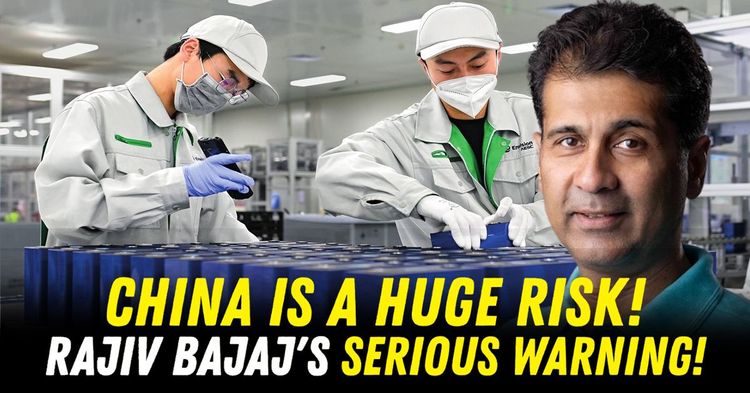

India’s electric vehicle sector is growing rapidly, buoyed by government support and rising consumer interest. However, Rajiv Bajaj, Managing Director of Bajaj Auto, offers a stark warning: India’s EV industry remains critically dependent on China for a key component - heavy rare earth magnets - and this dependence poses a significant risk.
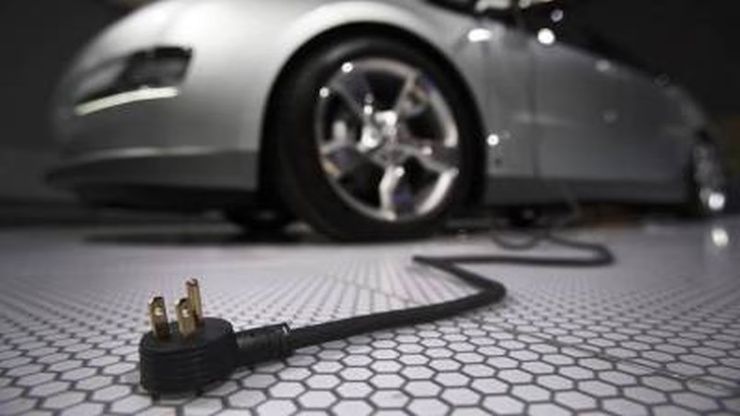
Electric vehicle motors rely on heavy rare earth magnets to deliver performance and efficiency. The issue is that nearly all of these magnets are produced and controlled by China. Bajaj highlights the vulnerability:
“We are still trying to come to terms with all the facts,” he says, adding that if China were to halt exports, “in a matter of weeks, the entire Indian EV industry will grind to a halt.”
This reliance goes beyond just electric vehicles. From wind turbines to smartphones, a wide range of modern technologies depend on the same magnets. The chokehold that China holds over this global supply has long been flagged as a geopolitical concern, but the EV industry is now on the frontlines of that risk. In India’s case, it also raises questions about the true sustainability of the EV movement if critical inputs remain non-domesticated.
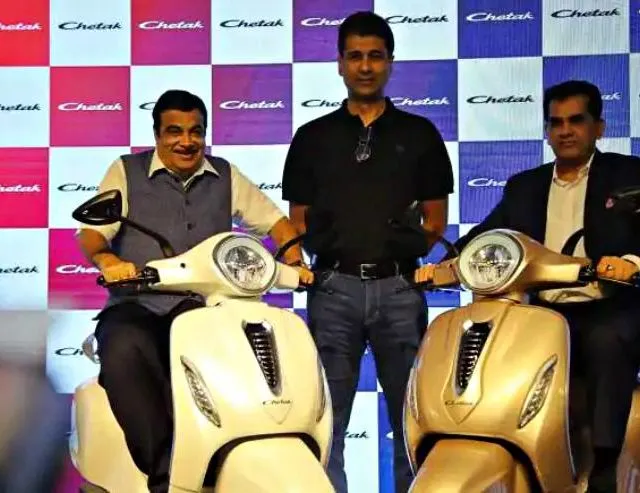
This risk is not theoretical. Global trade tensions are prompting countries to rethink dependencies, and China has already suggested restrictions on critical materials. India is particularly exposed in areas like rare earth magnets, where domestic production is limited.
Bajaj cites a recent example to illustrate the unpredictability of global trade: “Just days ago, Bajaj Auto was ordered to stop shipments of KTM and Triumph motorcycles to the US market. However, the decision was reversed soon and exports were allowed to continue.” These uncertainties are now a part of daily business operations.
While the issue may seem remote to end consumers, supply disruptions could delay production, raise prices, and affect delivery timelines. For fleet operators and daily wage earners dependent on electric vehicles, the implications could be severe.
“So, whether it’s at the front end or at the back end, every day there is a surprise to be dealt with,” Bajaj remarks, underscoring the persistent instability in the system.
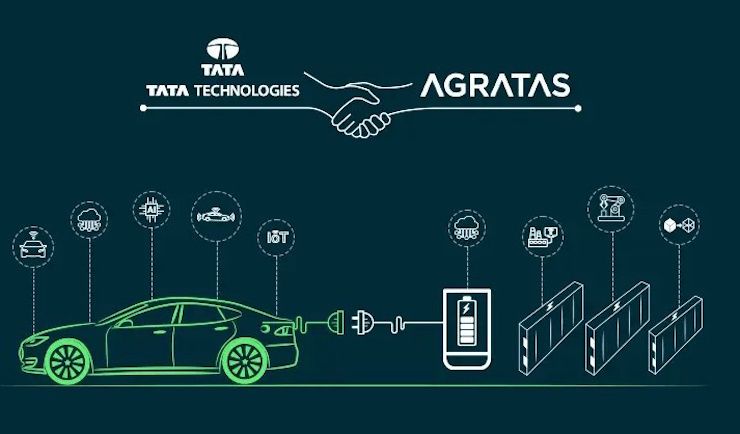
Efforts are underway to localise the EV supply chain, including battery and motor component production. Yet when it comes to rare earth magnets, domestic options are limited and costly. Exploring alternative motor technologies is one possibility, but these are not yet ready for large-scale deployment.
Establishing rare earth processing facilities in India is technically possible, but doing so requires not only financial investment and technical know-how, but also long-term environmental planning. Rare earth extraction and refinement are resource-intensive and pose ecological challenges. In the meantime, building stockpiles or forging multilateral supply agreements could serve as transitional safeguards.
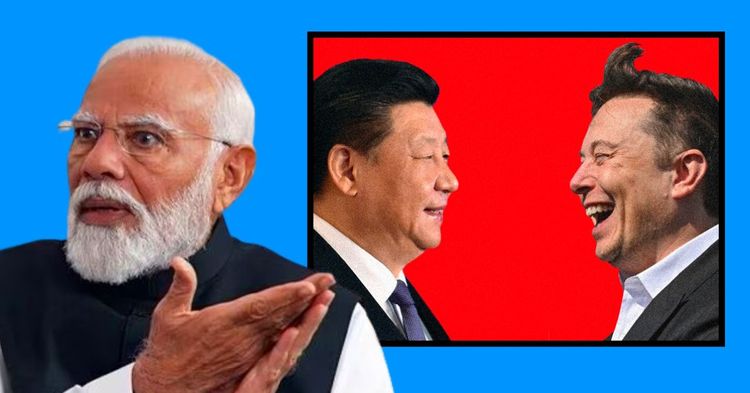
Rajiv Bajaj’s concerns serve as a reminder that electric mobility is as much about securing supply chains as it is about innovation. Until India can produce or source essential materials independently, the risk of disruption remains high.
India’s electric vehicle momentum continues, but it does so against the backdrop of a fragile and globally entangled supply chain. Strengthening that chain may be as important as the vehicles it powers.